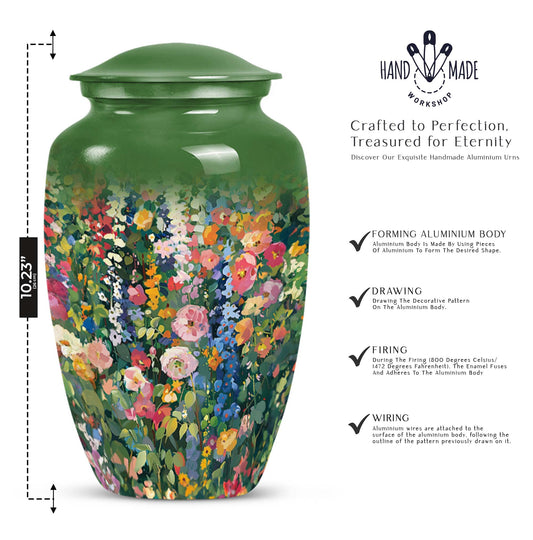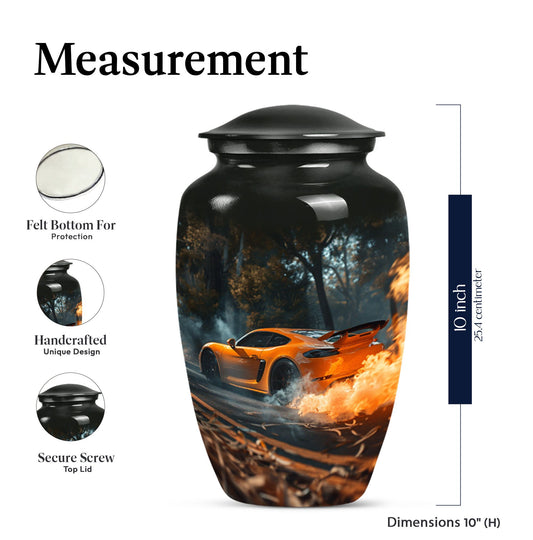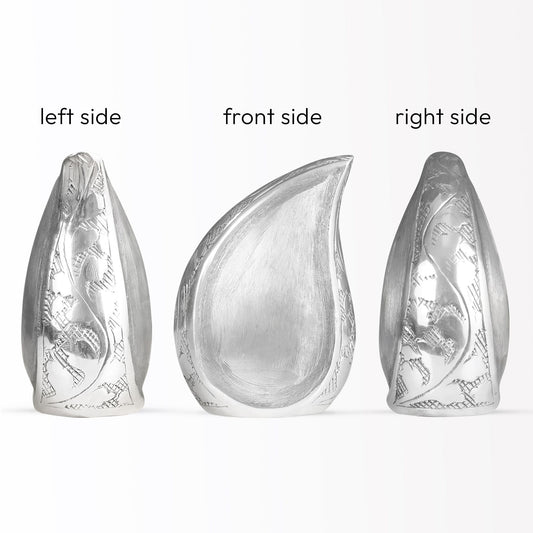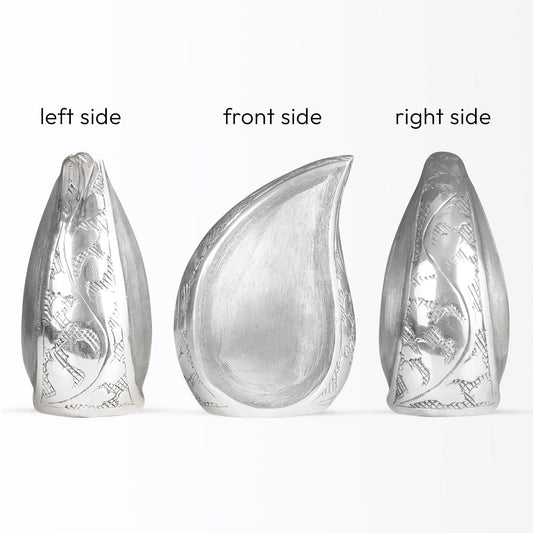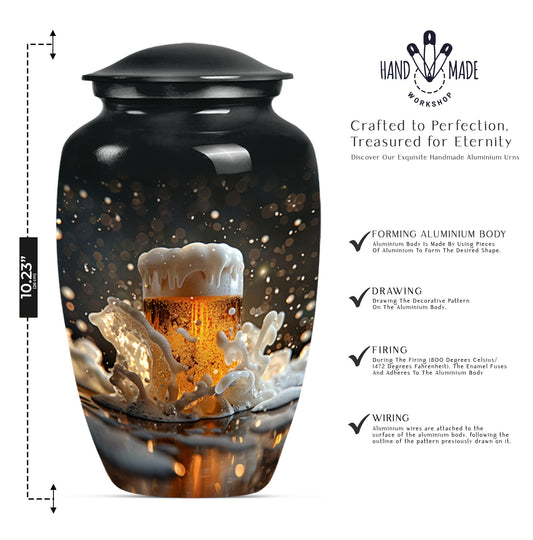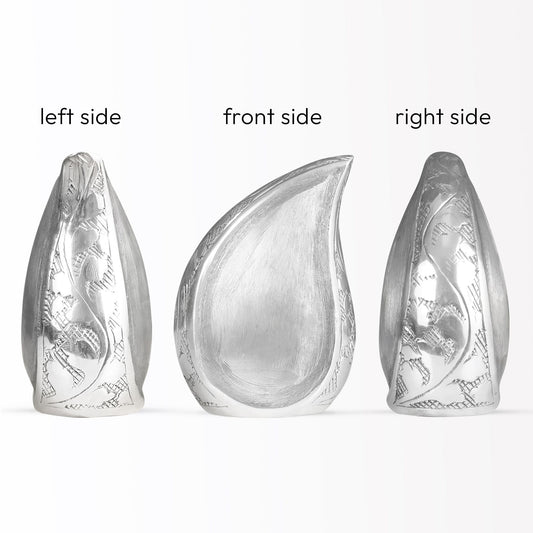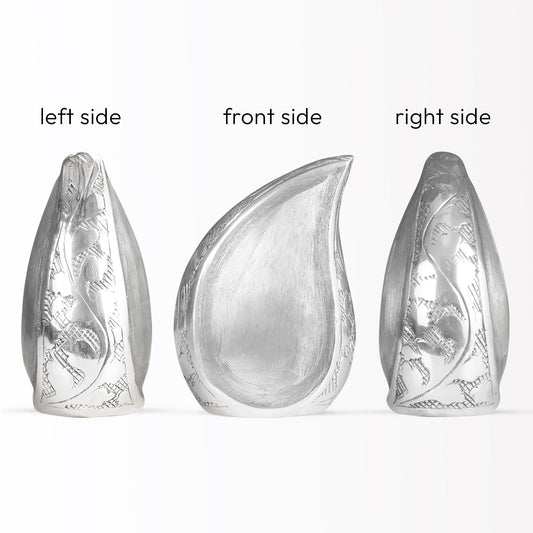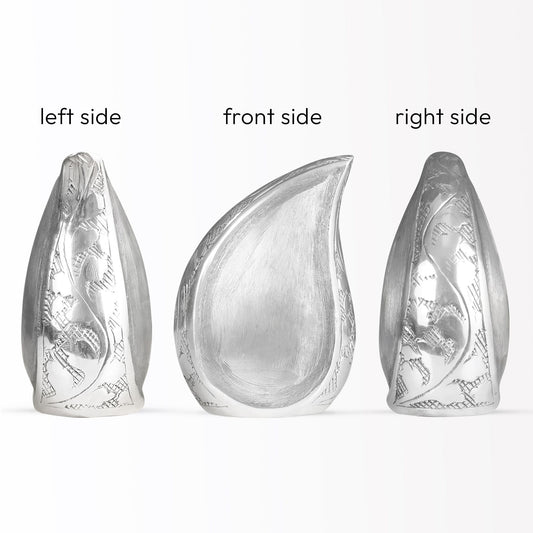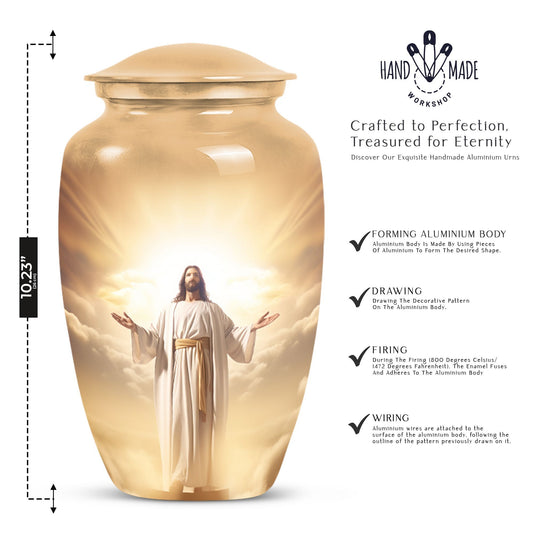Popular Urns
Funeral Planning: How To Pre-Plan Your Own Funeral

Although the idea of pre-planning your funeral can be most unpleasant and horrible to many people, taking a little time to make those decisions and arrangements ahead of time is what truly brings great peace of mind and alleviates an emotional burden that is put upon closely related loved ones. You retain your independence regarding how you will ultimately be recognized and remembered by designing ahead of time the ceremony and commemorations.

While most people think of preplanning as simply making a few easy logistical decisions, this gives one the advantage of making choices that really reflect values, beliefs, and personality. From the type of service to the musical selection, helping to shape the experience into one that is meaningful. It also spares your loved ones possible conflicting situations in the near future about how to honor your final wishes in a suitable manner.
If you are ready to begin preplanning, here are steps that can be taken to ensure your funeral plans reflect what is important to you:
How do you want the body to be disposed of?

The largest choice will likely be the treatment of your physical remains. Your options could include traditional burial, cremation, green burials, donating your body to science, among others. First, do a little research into how each process works, you can look up how cremation works and environmental impacts of cremation as well as the expenses.
Choose what type of service you would like?
Consider the type of service that suits you best: a traditional funeral with viewing, different kinds of cremation ceremonies and memorial services, uplifting celebration of life, or probably no service at all. Religious or cultural traditions might prevail on your decisions and some customs.

Choosing the right provider:
You will have to decide on a funeral home, crematory, or cemetery for the burial or cremation. You might find that price shopping between available funeral and cremation homes is wide-ranging and differing, depending on attached addendums. Decide whether you will pay ahead of time or simply provide detailed instructions regarding your preferences.
Conducting the right service:
If having a service, consider all of those components that feel appropriate-a clergy person or officiant, pallbearers, music, readings, or eulogies, flowers and picture displays, etc. Supplying an outline of the plan in detail helps the members in the process of arranging the same, with your vision being followed according to your choice.

Taking up the responsibilities and tasks:
It would be much easier if who should be in charge, or play other roles involved with the service or other arrangements, had been decided and this included giving the eulogy. Be sure to discuss this in advance with each of your close friends and family members.
Putting final wishes of an individual into writing for reference:

Write a document that articulates your clear intention for every single detail of the arrangements, from body disposition to type of service down to every smallest detail such as what to wear, what to engrave on grave markers, etc.
Having in mind all legal considerations:
Depending on state law, you may want to consult with an attorney to create the legal documents- a revocable or irrevocable trust that spells out how your funeral monies are to be handled and disbursed, and to whom.
Having a clear conversation with your loved Ones:
Even though the plans are your personal choices, it is good to share them with close family members and friends. You should give an explanation for the various decisions you have made so that they can understand them and be prepared for it. You should also give specific instructions as to where your final wishes have been documented.

Consideration of Fundings:
These days, funerals easily can run into thousands of dollars, so some financial planning is in order. You may be able to buy a prepaid plan from the funeral home, setting money aside in a special trust or insurance policy, or you can make provisions in your will or estate. Decide on whether you want to prepay all costs or leave money behind for survivors to carry out your plans.
Keep your plans current with the timely needs:
Periodically review and update your pre-arranged funeral plans so that they remain relevant to your current values and preferences. If you have been divorced, moved, or had a serious health change, your plans will almost certainly change. Update the documentation accordingly.

Conclusion:
This preplanning can, in fact, be an extremely proactive and self-directed way of conserving autonomy and lessening the burden on your loved ones at probably the most troublesome time of all. If you want to be remembered by a personal quirk or trait, then a little thought and effort beforehand will let you fashion it as you see fit. Though this needs contact with mortality, this gives great comfort in knowing just how your final sendoff will go according to your wishes.
These critical steps will now give clear guidance to your family for final arrangements that bring healing and celebrate the person you were. It is a final act of love: shouldering logistics yourself, so they can cry, share memories, and begin their journey of moving forward without you.
ALSO READ:
Different Colors of Mourning in Various Countries
What to Do with Your Beloved's Ashes After Cremation
How to Transfer Ashes into a Cremation Urn: A Step-by-Step Guide













